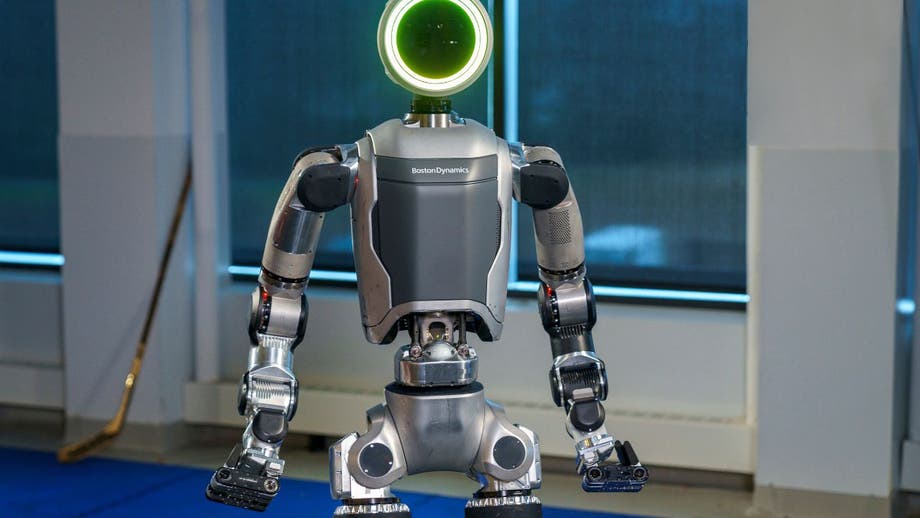Artificial intelligence (AI) is transforming various industries, and education is no exception. With significant advancements in AI, personalized and supportive learning experiences are becoming a reality for students. This article explores the benefits and challenges of AI in education and its potential to revolutionize the way we learn.
Artificial intelligence (AI) has been a topic of scientific exploration for decades, and its potential applications in various fields continue to grow. One area where AI is expected to have a significant impact is education. By leveraging AI's capabilities, we can create personalized and supportive learning experiences for students, improving their overall educational outcomes.

AI in Education: Personalized and Supportive Learning for the Future
AI can analyze individual student data, such as learning styles, strengths, and weaknesses, to tailor educational content and activities specifically to their needs. This personalized approach allows students to learn at their own pace and focus on areas where they need the most support.
AI-powered adaptive learning systems adjust the difficulty of learning materials based on student performance. If a student struggles with a concept, the system can provide additional support and resources, while if they excel, it can offer more challenging content. This adaptive approach ensures that students are always engaged and challenged.

AI in Education: Personalized and Supportive Learning for the Future
AI can provide real-time feedback on student assignments and activities. This immediate feedback helps students identify areas for improvement and allows for timely intervention from teachers or tutors.
AI can automate the grading of certain types of assignments, freeing up teachers' valuable time. This allows them to focus more on providing personalized support to students and developing engaging learning materials.

AI in Education: Personalized and Supportive Learning for the Future
It is important to address potential biases in AI algorithms to ensure equal opportunities for all students. AI systems should be designed to be fair and unbiased, without perpetuating existing societal inequalities.
Teachers need to be adequately trained on how to use AI effectively in the classroom. They must understand the capabilities and limitations of AI and how to integrate it seamlessly into their teaching practices.

AI in Education: Personalized and Supportive Learning for the Future
The use of AI in education raises ethical concerns regarding data privacy and ownership. It is essential to have clear policies and regulations in place to protect student data and ensure ethical AI practices.
AI has the potential to transform education by providing personalized and supportive learning experiences for students. With careful design and implementation, AI can help address the challenges of equitable access to education, improve student engagement, and empower teachers to focus on their core mission of teaching. However, it is important to address potential biases, provide adequate teacher training, and establish clear ethical guidelines to ensure the responsible and effective use of AI in education.










